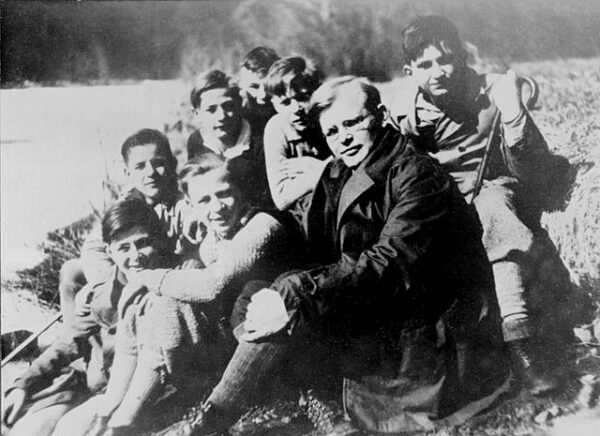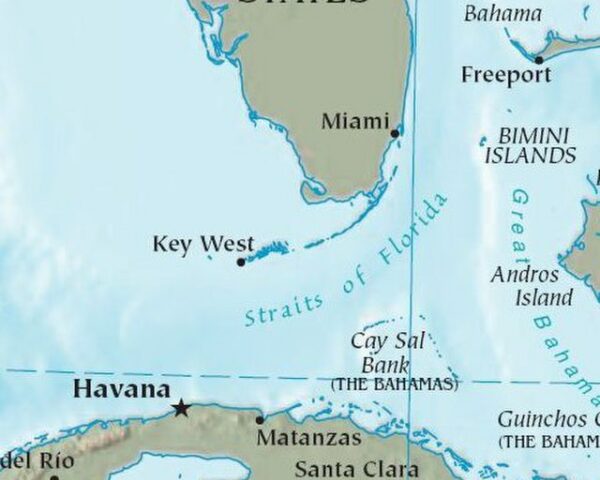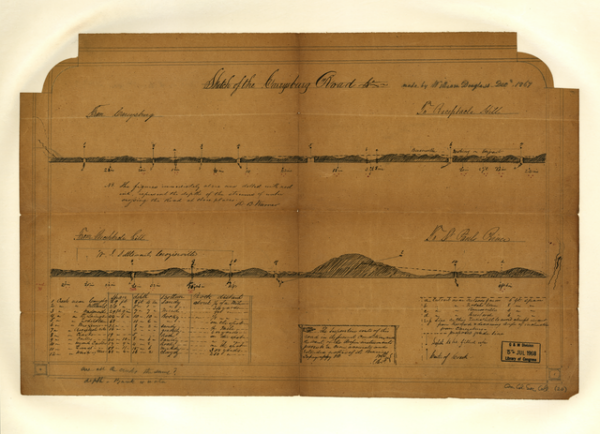On April 9, 1945, just weeks before Nazi Germany collapsed, Lutheran pastor and theologian Dietrich Bonhoeffer was executed at Flossenbürg concentration camp. Bonhoeffer was a courageous and outspoken critic of Adolf Hitler, whose deep Christian faith drove him to resist the regime. Ordered by Hitler himself, Bonhoeffer’s execution marked the loss of one of the most influential Christian thinkers of the 20th century—a man who united belief and moral action against oppression.
Bonhoeffer’s resistance wasn’t simply political; it was deeply theological. As a leader in the Confessing Church—a Protestant movement that opposed the Nazi takeover of Christianity—he condemned the regime’s attempts to reshape the Gospel into a tool of nationalist propaganda. He viewed the so-called “German Christians,” who merged traditional Lutheran beliefs with Nazi racial ideology, as dangerously heretical. One of his most powerful statements, “Only he who cries out for the Jews may sing Gregorian chants,” challenged both the silence and the complicity of Christians under Nazi rule.
Educated in Berlin and later influenced by time at Union Theological Seminary in New York—where he encountered African American churches and the social gospel—Bonhoeffer came to believe that real faith demands action. As the Nazis escalated their brutality, Bonhoeffer moved from public protest to underground resistance. By 1940, he had joined the Abwehr (German military intelligence), which secretly housed anti-Nazi officers plotting Hitler’s downfall. Under the guise of serving as an informant, Bonhoeffer worked to connect the German resistance with Allied contacts abroad.
In 1943, the Gestapo arrested him—first for helping Jews escape to Switzerland and later for his involvement in the plot to assassinate Hitler. Imprisoned at Tegel Military Prison for nearly two years, Bonhoeffer continued writing profound theological reflections, later published in Letters and Papers from Prison. These writings explored the church’s role in a secular society, what it means to follow Christ in times of terror, and the idea of a “religionless Christianity” capable of confronting evil. His words continue to inspire Christians, scholars, and political activists around the world.
After the failed assassination attempt on Hitler on July 20, 1944, Bonhoeffer’s connections to the conspirators were fully exposed. In early April 1945, as Allied forces closed in, the SS began executing political prisoners to prevent them from testifying. Bonhoeffer, along with Admiral Wilhelm Canaris and others in the Abwehr resistance, was sentenced in a swift, illegal court-martial. On the morning of April 9, he was stripped, led to the gallows, and hanged. A doctor at the camp later recalled Bonhoeffer’s calm and dignified demeanor in his final moments.
His execution occurred just three weeks before Hitler’s death and the liberation of Flossenbürg by American troops. In a tragic twist, Bonhoeffer died on the brink of the freedom he had fought so hard to realize.






